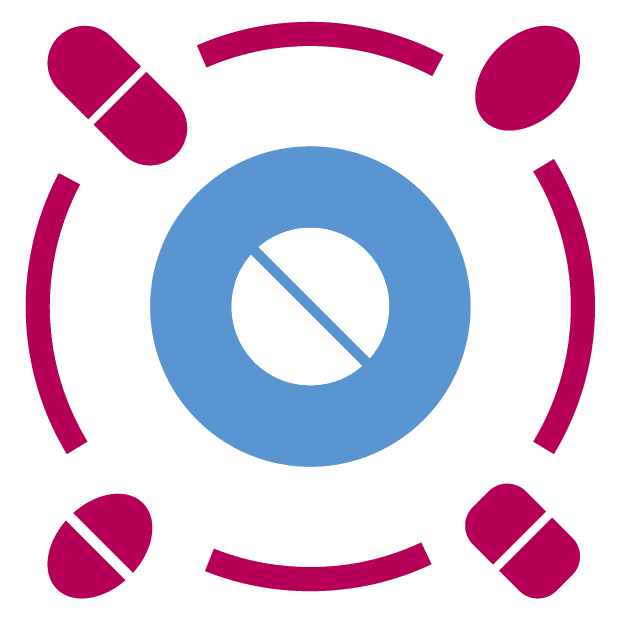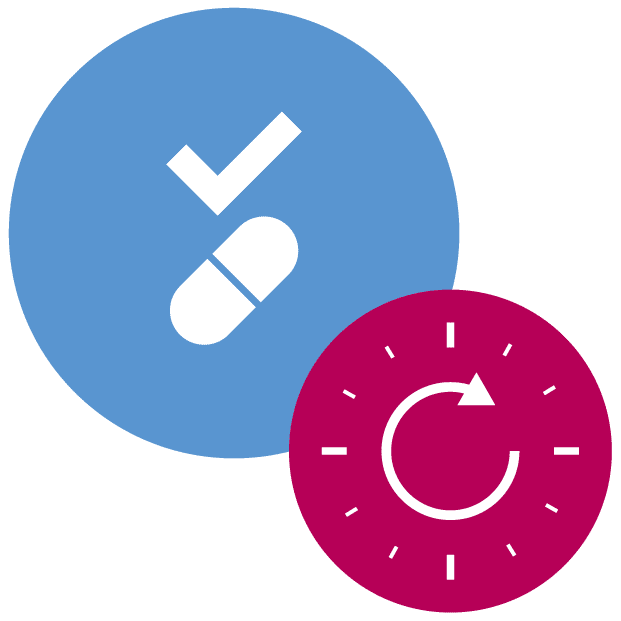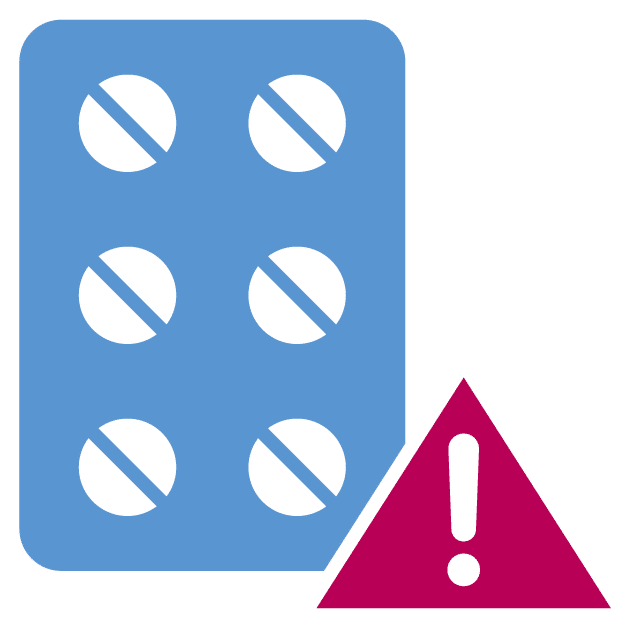After a stroke, heart attack or percutaneous coronary intervention (PCI), the patient is usually prescribed with an antithrombotic medication to prevent blood clots. A common medication is clopidogrel (e.g. Plavix©), which is also used in the treatment of coronary artery disease (CAD) and transient ischemic attacks (TIA).
Unfortunately, clopidogrel cannot prevent thrombosis effectively in all patients. For clopidogrel to work properly, an enzyme called CYP2C19 is necessary. In about 30 % of people, this enzyme is missing or its production is lower than expected 1. For these patients, clopidogrel does not prevent blood clots as intended, and an alternative drug, such as prasugrel or ticagrelor, should be considered.
The European Society of Cardiology (ESC) recommends pharmacogenetic testing before prescribing clopidogrel if the patient has an elevated risk of blood clots or bleeding.2 ESC also highlights the importance of pharmacogenetic testing when prescribing warfarin and simvastatin.
[1] Häkkinen, K. et al. (2022). Implementation of CYP2D6 copy-number imputation panel and frequency of key pharmacogenetic variants in Finnish individuals with a psychotic disorder. The Pharmacogenomics Journal, 22(3), 166–172. https://doi.org/10.1038/s41397-022-00270-y
[2] Magavern, E. et al. (2022). The role of pharmacogenomics in contemporary cardiovascular therapy: a position statement from the European Society of Cardiology Working Group on Cardiovascular Pharmacotherapy. European Heart Journal-Cardiovascular Pharmacotherapy, 8(1), 85-99. https://doi.org/10.1093/ehjcvp/pvab018





Abomics, Abomics PGx, GeneRx, GeneAccount are registered or non-registered trademarks of Abomics Oy in various countries.